Purchasing real estate in Italy
Searching for the Right Place to Purchase
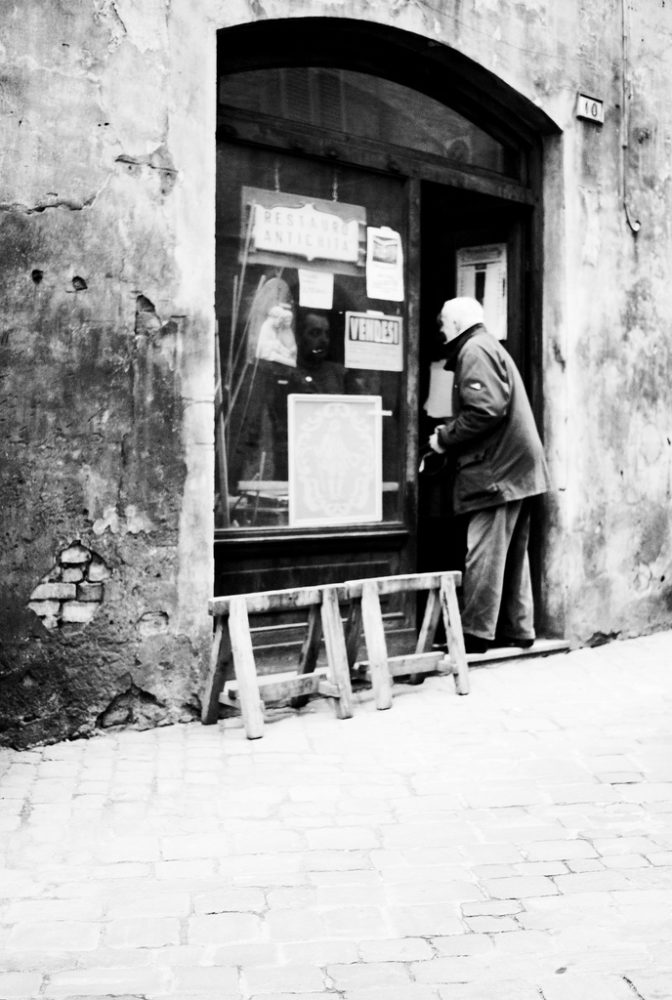
(by Gianluigi Calcaterra at flickr.com)
Italy is becoming ‘sort of’ like Florida for the United States. Europeans can now move freely to Italy and also Americans can move to Italy without too many complications. Some people ask me about this or that apartment, but they have been to Italy maybe once, many years before on a Tour or something.
I strongly suggest you go where you are planning to buy your property and stay there for at least a month. There are plenty of web sites (including Life in Italy) that can help you renting an apartment and a car.
So before you change your life at least you will have some idea of what you are getting yourself into. If you buy a place in Tuscany, Umbria or Rome you will not be the only one speaking in English. The Trastevere area, once typically Roman, now has a population that is nearly 50% non-Italian. Where my mother lives, near the Gianicolo, it is quite common to run into English speaking residents in the park, restaurants or gelaterias. Since some of you might consider this a plus, while others a minus, it is up to you to look before you leap.
Guidelines for buying real Estate in Italy
The following guidelines are ONLY guidelines, not legal advice. We are not lawyers and are happy to refer legal questions to appropriate legal counsel or notaries in Italy. All information on this site is believed to be accurate, and we strive to correct errors and keep our information up-to-date. Please notify us if you believe any information to be incorrect or out-of-date. However, we disclaim liability for any errors or omissions, and we will not be held responsible for any direct, indirect, or consequential damages resulting from anyone’s reliance on or use of the information on this web site.
Another NOTE: PLEASE do not be ‘scared’ by the following complete list of ‘to do’s’: in reality, buying a property in Italy is not that much more complicated than buying one in the United States once you get started. Also with the help of a good Consulente immobiliare ( real estate agent ) ad a good Notaio ( Notary/Lawyer ) you will see very little of this burocracy.
Since most of the people reading this document are not familiar with Italian Real Estate I strongly suggest the use of an accredited realtor. He/she should guide you toward all the steps. Please verify your realtor referrals. A foreign citizen who wishes to purchase property in Italy must first of all obtain a tax identification number codice fiscale. This can be requested at any government financial office or at an Italian Consulate or Embassy. This request should be submitted on the relevant forms along with a photocopy of one’s national passport. It is also possible to have the request submitted by a person entrusted with this task through a proxy prepared by an Italian notary or by a Consulate or Embassy. Please note that married women should only use their maiden names for the request. A Codice Fiscale or tax identification number is essential for:
Purchasing an existing building or land for building
- Signing the preliminary purchase agreement ( compromesso )
- Requesting bank financing
- Opening bank accounts
- Concluding the final purchase agreement with notary
- Purchasing a car
- Arranging public utilities contracts (gas, water, electricity, telephone)
- Presenting declarations as needed to public offices , whether communal, regional or state
In order to purchase property, the first step is to sign a preliminary agreement (compromesso) which is subsequently followed by a public sales act drawn up by a notary (rogito).
The preliminary sale’s agreement is a private agreement between the buyer and seller (which can be done without the help of a notary), to which the “promising” buyer and the “promising” seller (indicated as the “parties” to the contract) subscribe. This preliminary agreement will contain the following: (your real estate Agent should have seen plenty of this anyway ):
- Identification of the parties (full names, place and date of birth, passport number, nationality, tax identification number – in the case of companies which are selling, they must provide their value-added tax number, and their legal registration number).
- Indication of the location of the property in question (commune and province).
- Identification in the national register of lands (NCT) or urban areas ( NCEU) – this identification is achieved by citing the register sheet, the units of property or parts thereof. In the case of segments of property, the seller must undertake to obtain at his expense, their identification ( frazionamento) in the national register. Such action must take place before the final sales agreement with the notary.
- In the case of land and/or for portions of buildings, the agreement must be accompanied by a map from the register, which will be signed by both parties.
- Verification of the seller’s title to the property.
- Verification of whether any limitations exist to the title, for example judiciary or bank obligations, inheritance or property rights, rights to first choice of purchase, or any other limitations that reduce or in some way curtail the right to full title of the property. The seller must commit him/herself to eliminating such limitations prior to, or simultaneously with, the final sales act.
- Identification of all servitudes that might weigh on the property (roads, trails, pipelines etc that transit through the property to be purchased) and those from which the property should benefit (access to water from nearby natural sources or wells, rights of passage, and rights to access to pipelines etc)
- Building licenses issued after 1967.
- Building licenses in the process of being issued: in the case of purchase of a building to be constructed, agreement to purchase and total payment must be conditional on the issuance of the required license.
- The sale’s price, indicating the amounts paid at signature (or at various successive moments) and the balance to be paid at the time of the final sales act. The initial payment ( anticipo) should be identified as the down payment (caparra confirmatoria). In case that the seller decides that he/she no longer wishes to sell, he/she will compensate the damaged buying party with a sum equal to twice the initial down payment.
- The date established for the final sale’s act. This must be at least 60 days after the private sales agreement.
The Compromesso is proof of intention to buy and is binding in a court of law, if the Compromesso is registered with the local Registration Tax office. Once both you and the vendor have signed the Compromesso you are both committed to the transfer of the property. You may still withdraw at risk of loosing your deposit. The vendor may also withdraw from the Compromesso, but will have to return the deposit plus pay a penalty of the same again. Under these terms, a Compremesso contract is very rarely broken and inevitably leads to the signing of the final contract, or Rogito.
Final Contract – Rogito
A few months after signing the Compromesso, the Rogito or final contract is signed. It is usually referred in the US as closing. The Rogito is a legally binding document and requires the presence of an official called notaio or notary/lawyer. He oversees the signing of the Rogito, registers the Rogito to the Land Registry and collects the tax on the property (hence the need for a Codice Fiscale).
Notes
- Both the purchaser and the seller can delegate someone to act on their behalf at the time of the preliminary purchase agreement or for the final sale’s act, or in both instances. In this case, a special proxy will need to be signed in the presence of a notary (in Italy) or at an Italian Consulate or Embassy (the required form requesting all necessary information will be furnished on request).
- In case the buyer is unable to read Italian, he or she must be accompanied for both the preliminary agreement and the final act, by an interpreter registered with an Italian court, or alternatively a trusted person can be given a proxy to act on behalf of the buyer.
- Payment must be made in the place and currency requested by the seller.
- In order to simplify payments, it is recommended that the purchaser open a bank account in Italy. For this, the buyer using the text of a proxy agreed previously by the financial institution, can delegate a trusted person. In addition, and if needed and provided for in the proxy, the delegated person may also be authorized to withdraw from the account for necessary payments.
- If a purchaser wishes to obtain a mortgage, either for the purchase or for possible renovation expenses, but he/she is unable to read Italian, then he/she will need to adopt the same procedure as indicated in point 2 above. Should he/she wish to delegate a trusted person, the text of the proxy must be provided by the Italian banking institution.
At the time of the final sale’s act, the buyer will have to pay:
- Purchase tax of 10% for buildings and lands suited for building and 18% for agricultural land (these percentages will be calculated on the values specified in the final sales agreement). In case a building is purchased as “First Home” the tax is reduced to 3%, and in addition the property will be exempt from the annual property tax (IRPEF). The foreign national will need to establish residence in Italy for this purpose.
- The notary’s honorarium.
- The registration tax, inscription of the act, and government stamps – on average this amounts to Euro 390.
- The costs of title verification undertaken by the notary, on average costing some Euro 360.
- The purchase of property defined “of particular historic interest” benefits from some tax reductions. Purchase taxes are reduced to 3%.
- Restored buildings benefit from 10 years of exemption of the tax on the income from property (IRPEF or imposta sul reddito degli immobili).
The above guidelines on how to purchase real estate in Italy are ONLY guidelines, not legal advice.
Read more about it in Buying in Italy II


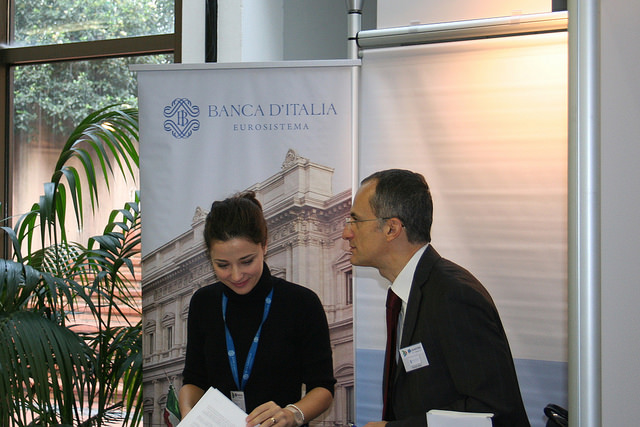


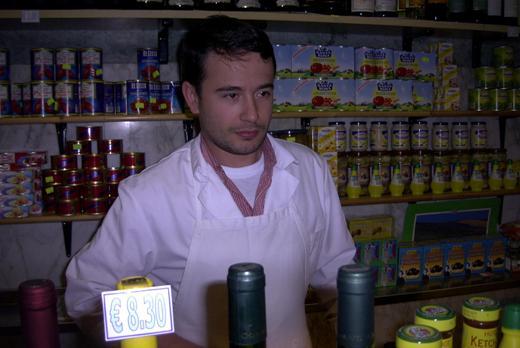




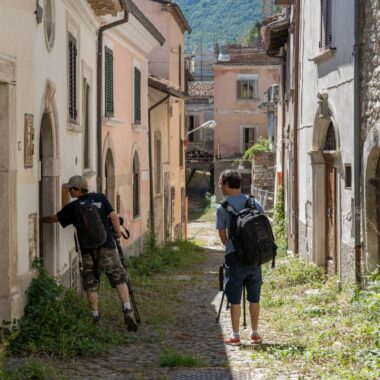


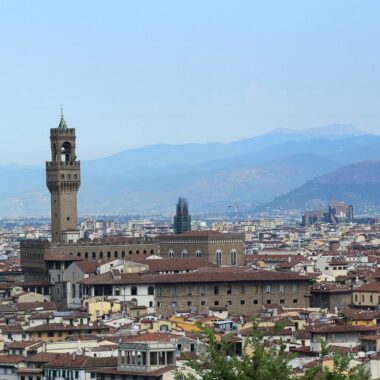
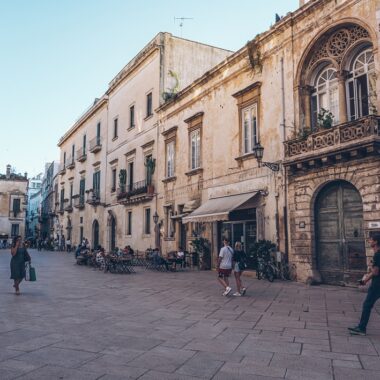

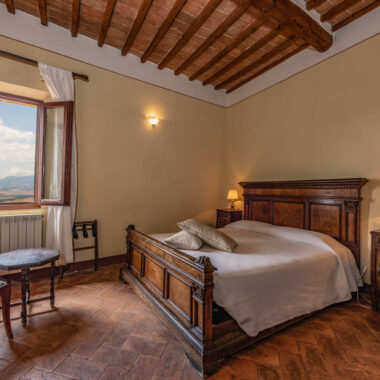


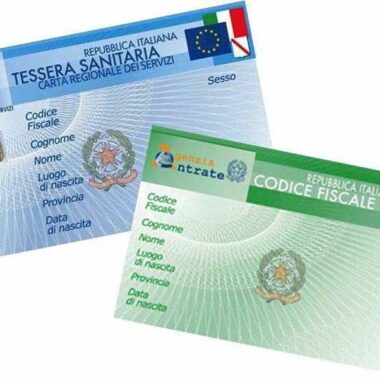



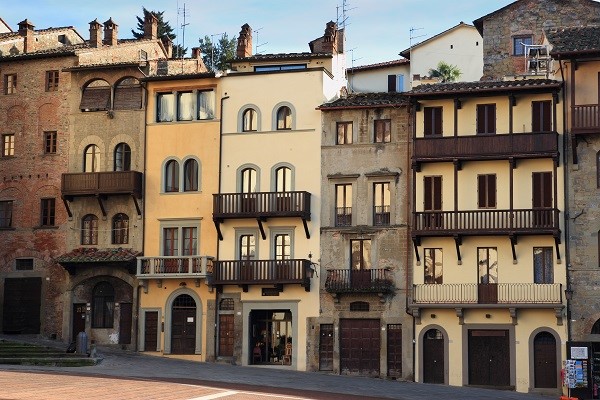
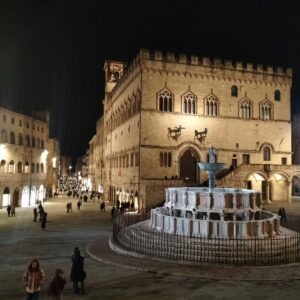


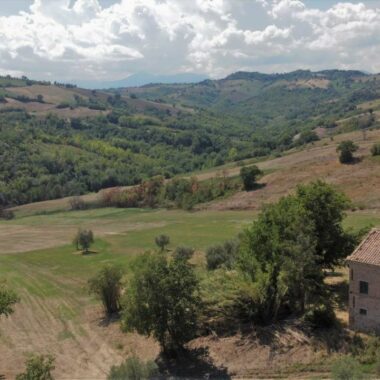


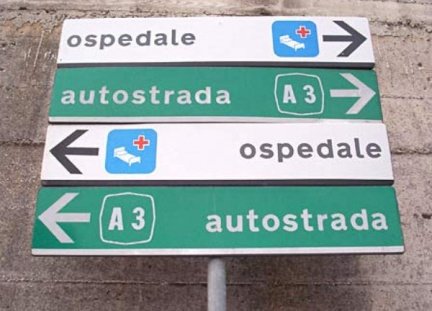

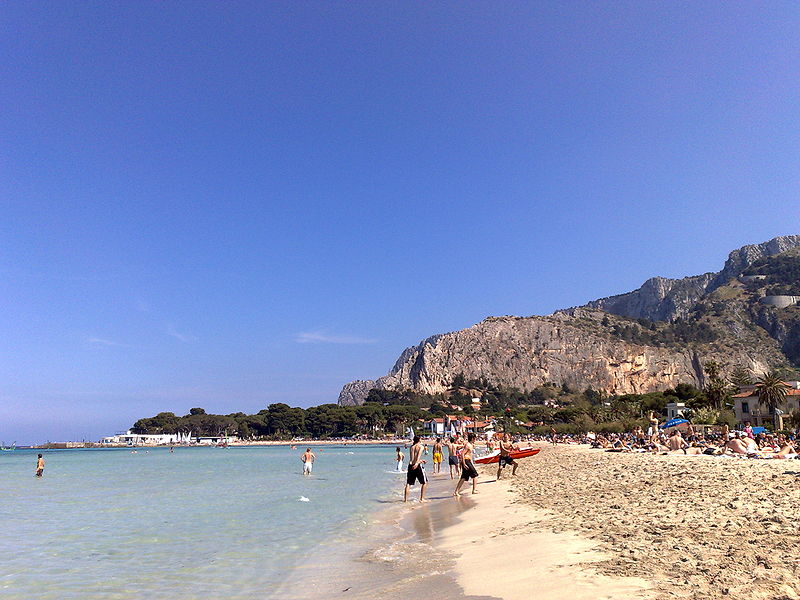

MY NAME IS SABELO DLAMINI AND IS INTERESTED IN BUYING A HOME IN ITALY FOR $200 IN THOSE SURBUBS WHICH HAVE CHEAP EXISTING HOUSES, I AM FROM JOHANNESBURG, SOUTH AFRICA, CAN YOU HELP ME FACILITATING THE PURCHASING OF THE HOUSE THERE
how i can get involve with buy house in italy for 1 euro project?